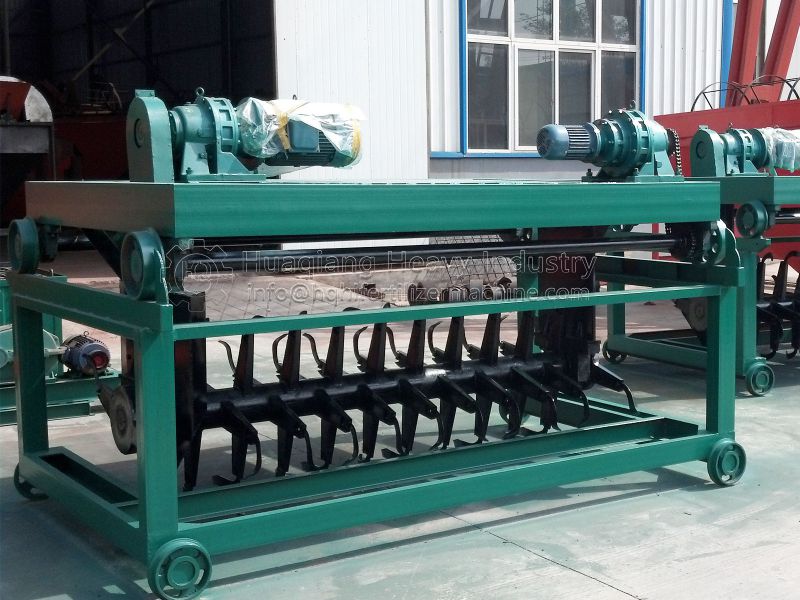What are the environmental implications of using a compost turning machine for composting?
In today’s world, where environmental awareness is growing rapidly, compost turning machines play a vital role in composting while delivering significant ecological benefits.
- Efficient Organic Waste Recycling
Traditional composting often leads to slow decomposition due to uneven air distribution. A compost turning machine solves this by regularly mixing the materials, ensuring proper airflow and boosting microbial activity. This speeds up the breakdown of organic waste, reducing its accumulation in landfills. What was once potential pollution becomes nutrient-rich fertilizer, giving waste a second life.
- Cutting Greenhouse Gas Emissions
Poorly managed compost piles release methane—a greenhouse gas 25 times more potent than CO₂. Compost turning machines tackle this by maintaining consistent oxygen levels, promoting aerobic conditions that slash methane production. This simple adjustment makes a meaningful dent in fighting climate change.
- Odor Control
Rotting organic waste emits strong, unpleasant smells. Compost turning machines minimize this issue by keeping the decomposition process stable and efficient. Less stink means cleaner air for nearby communities, making composting projects more neighborhood-friendly.
- Revitalizing Soil and Ecosystems
The high-quality compost produced by turners works wonders for soil health. It enriches soil structure, boosts fertility, and reduces reliance on chemical fertilizers. Healthier soil supports diverse microorganisms, creating a balanced ecosystem that sustains long-term agricultural productivity and biodiversity.
As environmental protection becomes a global priority, compost turning machines prove their worth as practical tools for sustainable waste management. They transform everyday waste into resources while addressing multiple ecological challenges—a quiet but powerful partner in building greener futures.
